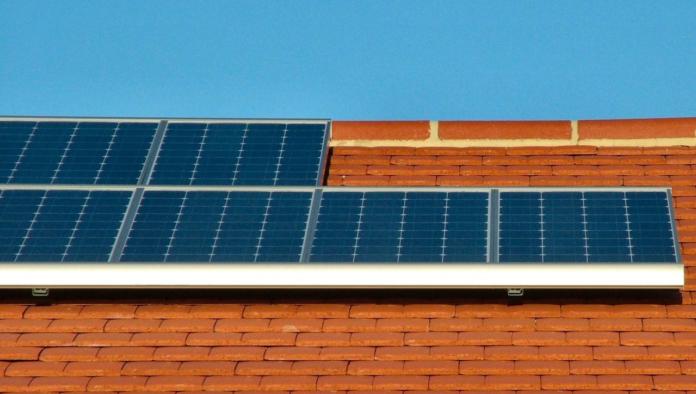PSG Group, the Stellenbosch-based investment house, is renowned for backing winners.
Some of the group’s most successful ventures would include Capitec Bank, private education juggernaut Curro, consumer brands conglomerate Pioneer Foods and seeds giant Zaad.
One investment that PSG have seemingly battled with is Cape Town-based Energy Partners (EP), where the group has a commanding 57.2% stake. That might be changing…for the better.
In its website PSG stresses that it was attracted to EP – which reduces the cost of energy in companies – because of its simple and focused business model. The company is essentially a private energy utility with high barriers to entry in a capital intensive industry with high growth potential – especially in SA where renewable energy is gaining traction and government has made bolder moves in allowing private power generation.
EP is a turnkey developer, owner and operator of energy-producing assets (including solar, steam and refrigeration. Although owning and operating the energy-producing assets are less profitable than selling the assets for cash in the short term, PSG pointed out that this is significantly more profitable over the long term and generates valuable annuity income.
At PSG’s recent AGM CEO Piet Mouton said Energy Partners had done over R1bn of solar projects, and had last year completed a 22 megawatt refrigeration plant for food group Dr Oetker (which makes frozen pizzas and ready-made meals).
He did concede that it had been a bumpy ride for EP in recent years, but that the business was looking in far better shape after a rationalisation process saw non-core assets closed or sold off. “The business is now well positioned for growth with good projects on the go.”
Last month EP set up a heating and cooling plant for Global Macadamia, an international food producer, in the Alkmaar region of Mpumalanga. This is one of the largest macadamia curing and processing facilities in the world.
Dawie Kriel, head of Business Development at EP Refrigeration, said the most unique feature of this plant was the sustainable measures it had implemented to cut energy consumption for both refrigeration and heating operations.” This innovation was an industry-first and will most definitely be adapted to inform future projects.”















